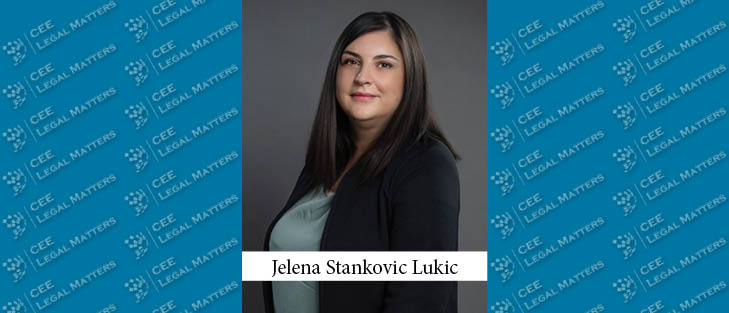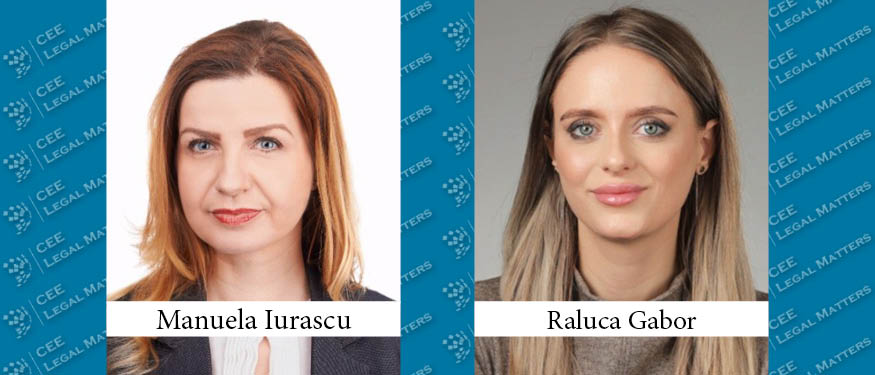The Government of the Republic of Serbia has proposed amendments to the Law on Public Notaries ("Official Gazette of RS", no. 31/2011, 85/2012, 19/2013, 55/2014 - other law, 93/2014 - other law, 121/ 2014, 6/2015 and 106/2015) with the purpose of introducing the obligation to solemnize monetary loan agreements between natural persons in the amount of EUR 10,000 and higher.
Additionally, a register for such contracts will be established, which will be maintained by the Ministry of Justice and in which data about the creditor and the borrower, the amount of the loan, the repayment period and the currency will be registered. The notary public will be obliged to submit a copy of such agreement to the registry. The data in the registry will be monitored by the Administration for the prevention of money laundering.
The reasons for this legislative proposal are the lack of control and insight into these types of transactions between natural persons. In our legal system, there is no obligation to formalize loan agreements as public notary documents, and that agreement does not have to be written, even in practice it is usually verbal. Hence, these transactions, regardless of the value of the contract, are not subject to supervision by state authorities. The amount of EUR 10,000 is the limit for cash payments in accordance with the Law on prevention of money laundering and financing of terrorism, and in this way an additional mechanism of verification and protection against abuse would be established.
Proposed amendments refer only to obligations between natural persons, while legal entities, as well as transactions between banks and natural persons, do not fall under this novelty. It shall be seen, when these amendments to the Law are adopted, how the practice related to these contracts will be shaped and what consequences could exist for those natural persons who do not fulfill the obligation of solemnization.
By Jelena Stankovic Lukic, Partner, JPM & Partners

















